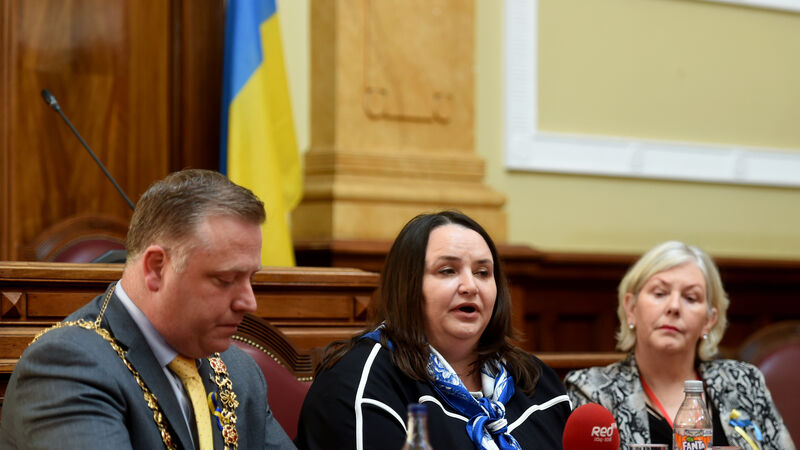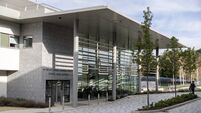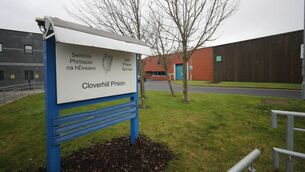Ukrainians will need more help to 'find their feet' and begin contributing, says ambassador

Lord Mayor of Cork Cllr Colm Kelleher; Ukrainian ambassador to Ireland Larysa Gerasko; and Ann Doherty, chief executive of Cork City Council at Cork City Hall. Piucture: Larry Cummins
Ukrainians who have fled war do not want to be a drain on the Irish taxpayer and want to work, their ambassador to Ireland has said.
But they will need more help to find their feet and contribute, Larysa Gerasko said.












